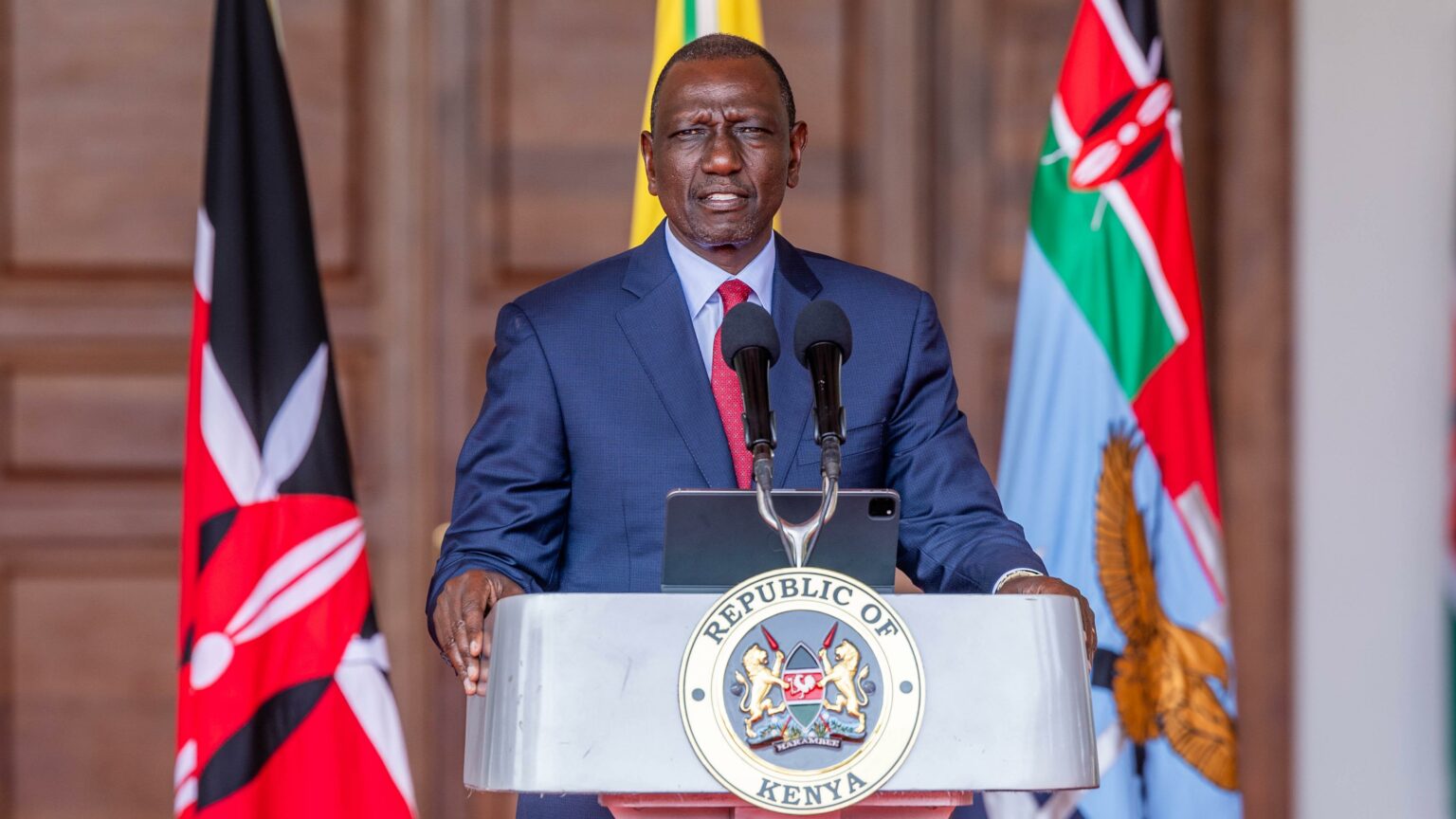The United States has blamed rampant corruption and blatant extortion by state officials in Nigeria and Kenya for slowing the flow of foreign capital into the two countries.
Katherine Tai, the US trade representative, has revealed in the 2024 National Trade Estimate Report on Foreign Trade Barriers [pdf] that US firms have expressed concerns over the opaque nature of the procurement processes in the two countries, which has slowed foreign investments.
“Corruption remains a substantial barrier to trade and investment in Nigeria. Corruption and lack of transparency in tender processes have been great concerns to U.S. companies. U.S. firms experience difficulties in day-to-day operations as a result of inappropriate demands from officials for ‘facilitative’ payments,” Tai said in the report about Nigeria.
[ad]
In Kenya, the report noted that foreign companies willing to bend the law and have local connections were faring better than US companies scouting for opportunities in East Africa’s biggest economy.
“U.S. firms continue to report challenges competing against foreign firms that are willing to ignore legal standards or engage in bribery and other forms of corruption. Corruption is widely reported to affect government procurements at the national and county levels,” the report said.
The assessment of Nigeria, which is the biggest economy in Africa, noted that the country’s effort to root out corruption was being hampered by internal wrangles in the government and partisan politics.
Nigeria and Kenya are considered among the world’s most corrupt nations, ranked 145 and 126 respectively, out of 180 countries by Transparency International.
While the report raised questions about Nigeria’s judicial system’s ability to convict and sentence corruption-related crimes, the US trade representative noted that political interference in the judiciary is encouraging the vices in Kenya’s case.
“While judicial reforms are moving forward, bribes, extortion, and political considerations continue to influence court cases. As such, foreign and local investors risk lengthy and costly legal procedures,” Tai noted.
The report, however, observed that Nigeria has made modest progress in opening government tenders to foreign firms and levelling the playing field.
Enforcement of intellectual property (IP) rights and data protection laws in the two countries have also been cited as a barrier to US investments. However, Nigeria has made some remarkable progress on this front, passing legislation to combat idea theft.
“In 2019, Nigeria enacted the Federal Competition and Consumer Protection Act, which includes provisions designed to combat trademark counterfeiting, and in 2021, Nigeria enacted the Plant Variety Protection Act, creating a legal framework and administrative structure for the protection of plant varieties. In March 2023, the Nigerian President signed the Copyright Act 2022 into law,” the report remarked.





















